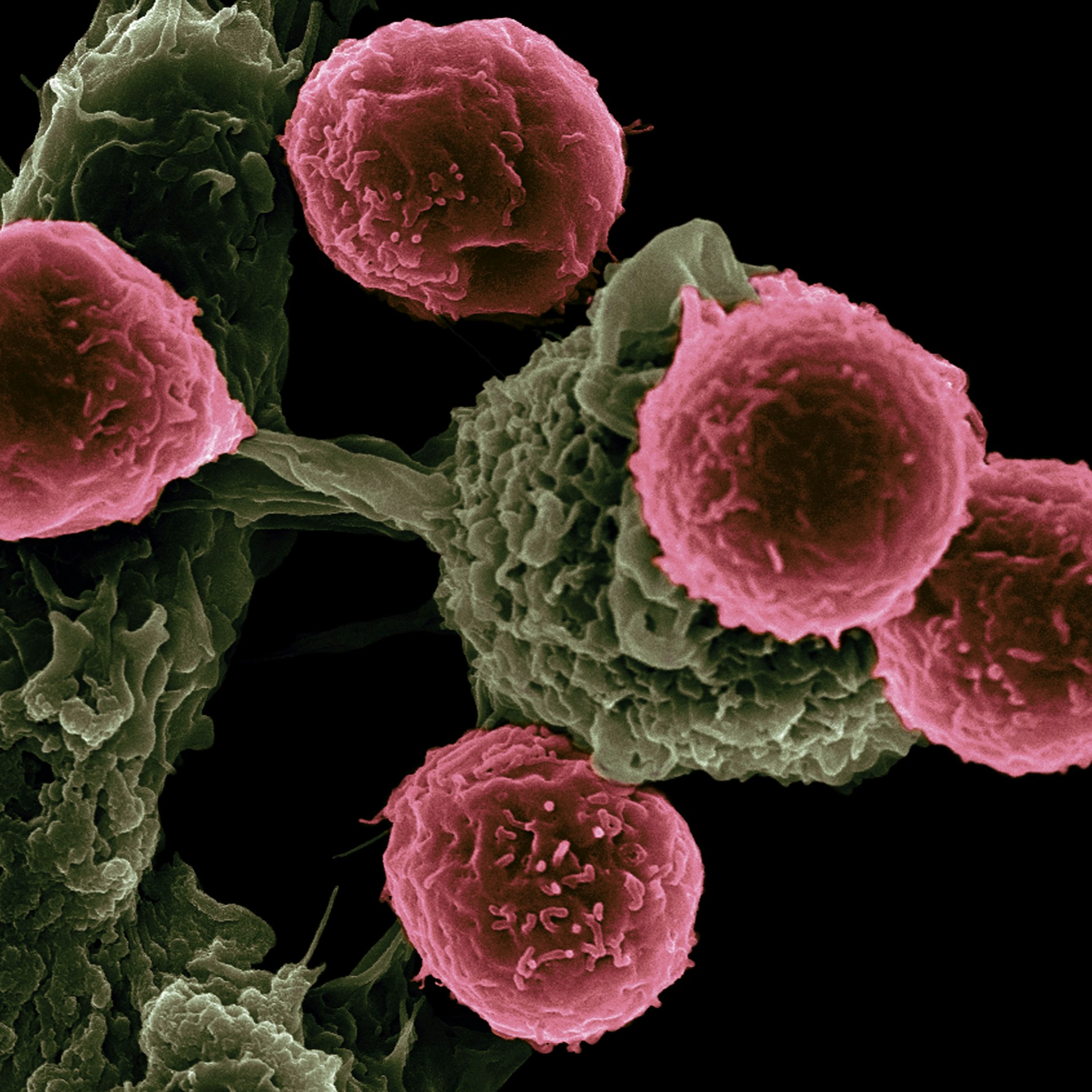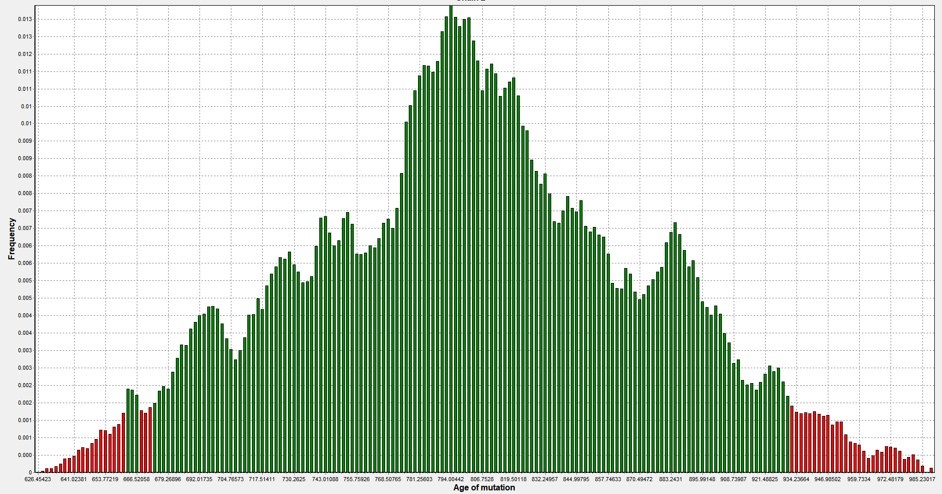FRIGE scientists discover India's first founder variant in MLH1 gene associated with Lynch syndrome
Founder variant that is observed in approximately 6.4% of all Lynch syndrome patients, the most common hereditary cancer disease, has been discovered.

Scientists at FRIGE led by Dr. Harsh Sheth have discovered India’s first founder variant in the MLH1 gene, which is associated with Lynch syndrome.
The study is published in highly coveted Familial Cancer journal.
The founder variant, c.306G>T in the MLH1 gene, is a known cancer risk increasing mutation.
Using sequencing datasets of 25 Lynch syndrome patients with this mutation and 100 healthy controls without this mutation, scientists from FRIGE, MedGenome and University of Leeds showed that this mutation is present on a haplotype in India.

Figure 1: Haplotype structure in Lynch syndrome cases consisting of the c.306G>T variant in the MLH1 gene.
Using sophisticated epidemiological and mathematical models showed that this mutation emerged in India about 800 years ago. Scientists also showed that this mutation is not seen in Lynch syndrome patients from other ethnic backgrounds and in India, this mutation is present in approximately 6.4% (or about 1 in 15) of Lynch syndrome patients seen in the clinic.

Figure 2: Age of mutation analysis shows the variant c.306G>T to have emerged approximately 800 years ago in the Indian population.
What is Lynch syndrome?
Lynch syndrome is a genetic condition that leads to up to 80% lifetime risk of developing cancer. People with Lynch syndrome often get cancer before age 50 and requires lifelong cancer screenings to detect and treat cancer early.
It is the most common hereditary cancer disease worldwide with an incidence of approximately 1 in 300 people in the general population.
Lynch syndrome is an autosomal dominant condition, that is only one faulty copy of the DNA is required to increase risk of developing cancer. Here, an individual is genetically predisposed to cancer in a variety of anatomical regions- particularly gastrointestinal tract and genitourinary organs.
It is caused when the mismatch repair (MMR) pathway, one of major inherent defense mechanism against DNA errors introduced into our genome, stops working.
Identifying Lynch syndrome patients early on can be beneficial since there are several cancer screening and prevention strategies which can be used to reduce risk of developing cancer by half.
How does this study helps?
Knowning founder variants in a given population helps to develop targeted and low cost diagnostic and disease prevention strategies.
With an incidence of 1 in 300 people, it is estimated that approximately 46,00,000 people are Lynch syndrome carriers. Of this, about 3,00,000 people carry the variant identified in this study, or approximately 1 in 15 Lynch syndrome patients seen in the clinic.
This will help to deliver targeted diagnostic test and at the same time, cancer risk reducing interventions in the affected communities to reduce cancer burden.
The study is funded by the Gujarat State Biotechnology Mission, Government of Gujarat.
If you would like to know more, you can contact us here.